Infographic
Top 5 Ways Business-Friendly Data Governance Simplifies Your Life
Wondering how data governance can solve your challenges and help achieve that competitive advantage?
Here are 5 ways!
of CDO’s view data as a strategic asset to achieve a competitive advantage.
Source: Cutter Associates annual data management benchmarking study
#1 Stop the Confusion
and make better decisions. Choose the best data and find new data sets to enrich your analytics projects.
The Problem
Only 12% of enterprise data is used for information and to make decisions, leaving 88% of enterprise data untouched.
Source: Datawatch
![]()
Data governance reveals more data you didn’t even know existed by answering questions like where do I find it and where does it come from?
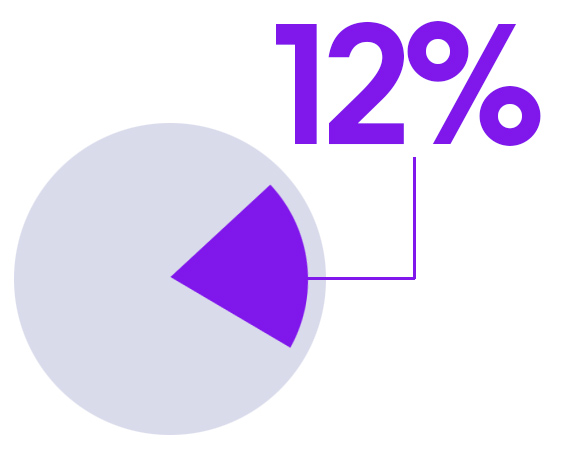
#2 Stop the Debate
Definitively understand your data.
The Problem
3 out of 5 people can’t agree on the definition of organizational data. And synonyms of business terms must be documented to prevent misunderstandings.
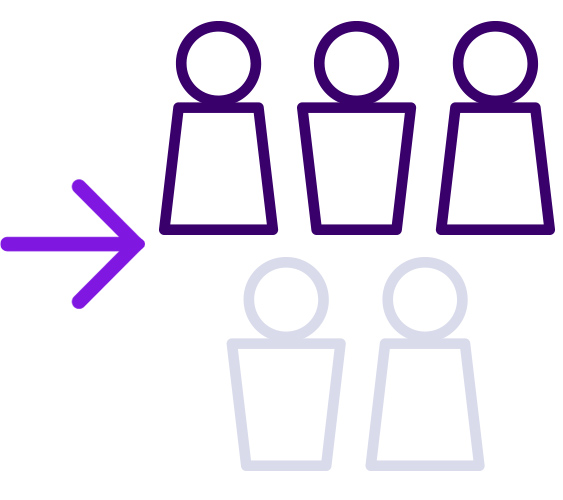
#3 Stop the Inaccuracies
by making key data quality metrics available to business.

The Problem
45% of operating expenses are wasted due to data quality issues.
Source: Datawatch
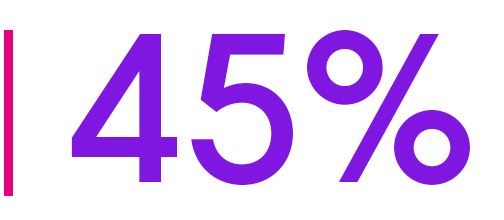
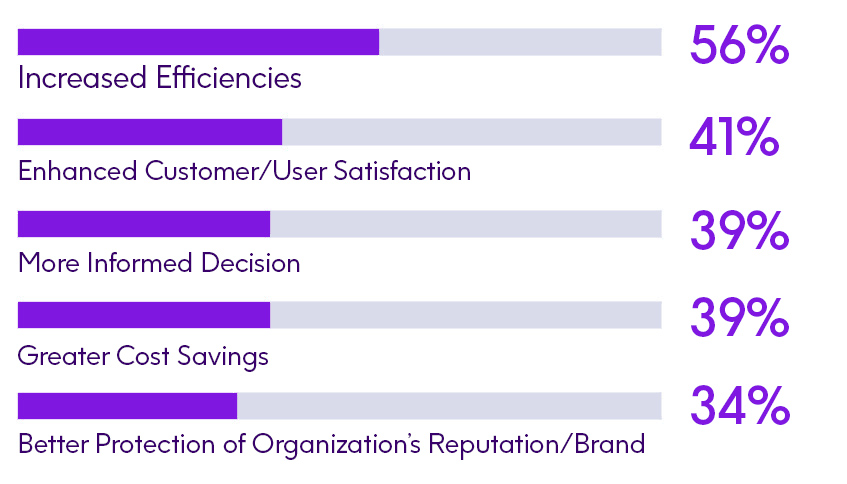
leads to flawed decisions.
Source: CIO Insight
#4 Stop the Consternation
and let data governance transparency bridge IT and Business
The Problem
Passive Approach. 65% say their company waits until there are specific issues with data until teams address and fix them.
Source: CIO Insight
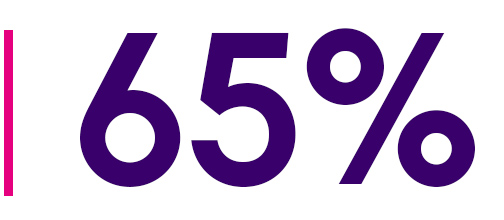
What’s missing is business-friendly data governance.
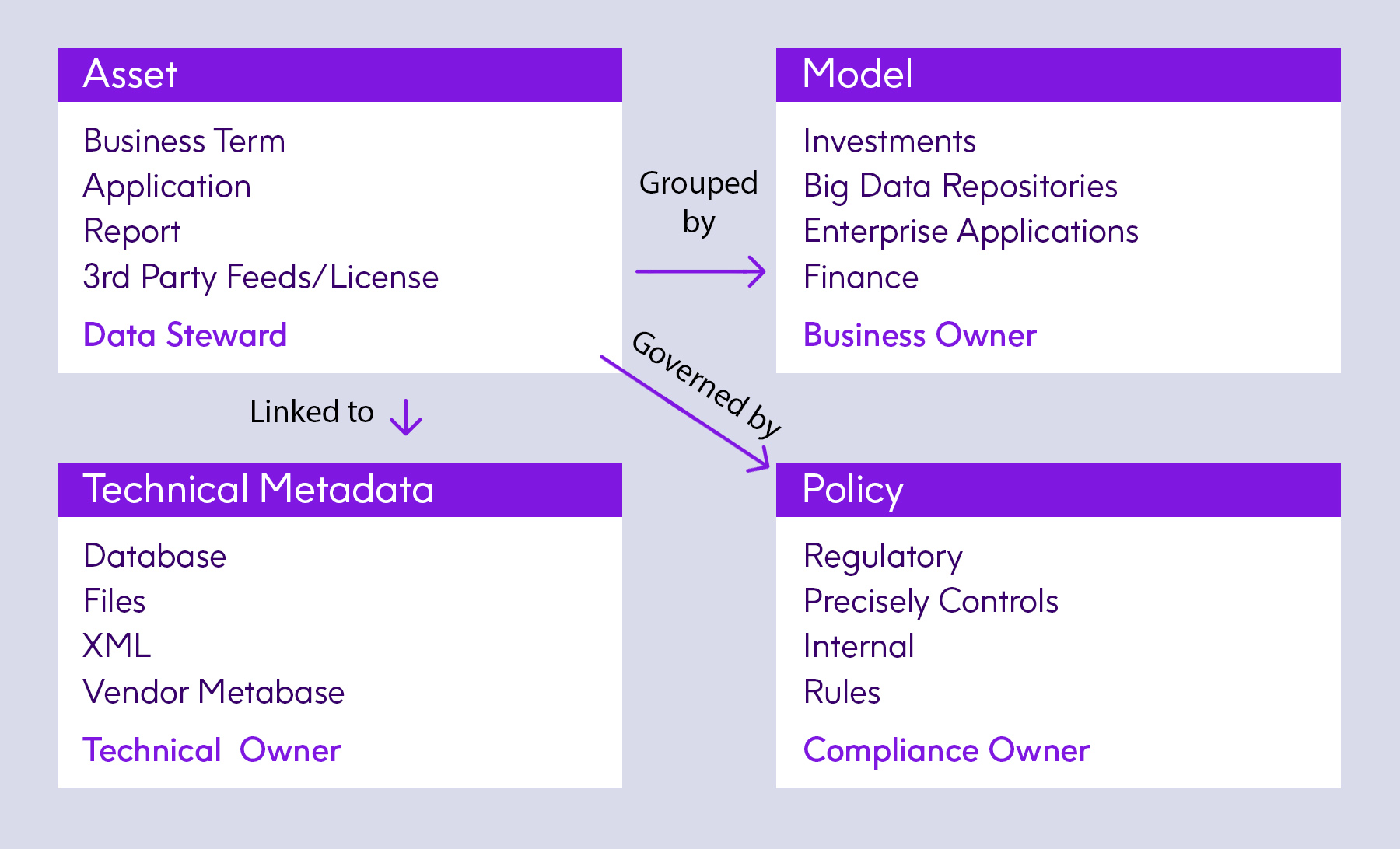
#5 Stop the Risk
with data governance accountability
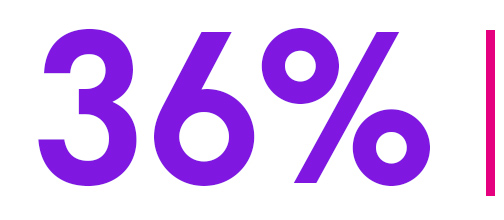
Source: Gartner Third CDO Survey
The Problem
“to measure is to know – if you cannot measure it, you cannot improve it”
– Lord Kelvin
Something as simple as accountability of…
![]()
Who Owns the Data
Is a question that everyone must be able to answer.
Most people say, “We already have data governance.”
Yes & No
99% of organizations have technical metadata and data lineage for IT.
What’s Missing?
Business friendly data governance for the business user, answering questions in a business context:
- What does the data mean?
- Can I trust it?
- How do I find it?
- Where does the data come from?
- Is it the same thing to everyone?
- Who do I ask?

